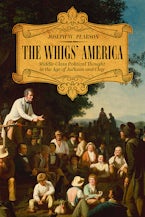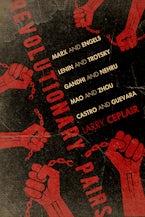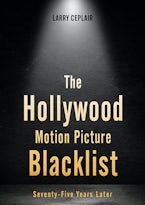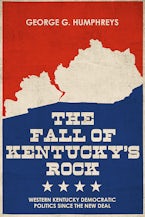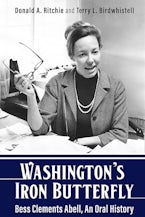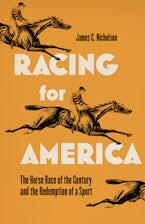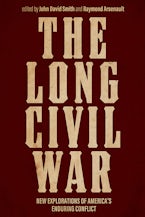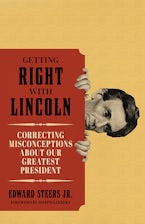A valuable account of how issues of academic freedom played out at the South's leading institution of higher education between the World Wars, thereby illuminating both the general history of academic freedom and of that university.
~John T. Kneebone, author of Southern Liberal Journalists and the Issue of Race, 1920-1944
Holden's stimulating history of academic freedom at the University of North Carolina during the 1920s and 1930s adds new depth to the study of a core principle of American higher education.
~Randal Hall, author of Lum and Abner: Rural America and the Golden Age of Radio
As someone who writes about academic freedom at the level of philosophical abstraction, I am at once enlightened and chastened by Charles Holden's 'on the ground' history of what academic freedom really means in action at a major educational institution. This book forcefully reminds us that there are some battles that have to be fought again and again.
~Stanley Fish, author of How to Write A Sentence and How To Read One
The University of North Carolina in the middle part of the 20th century has long enjoyed a reputation as a bastion of intellectual seriousness and progressive social vision in the conservative South. In this engaging book, Holden meticulously examines the ideas and commitments that lay behind this reputation as well as the intellectual, social and political limits that, in the end, bound the university. This fine work is deeply revealing, both about the inner workings of higher education and why it sometimes sits so uneasily in the community around it.
~Melissa Kean, University Historian at Rice University
Holden's concise, well-argued book charts the difficulties of implementing and protecting that 'spiritual goal.'
~Charlotte Observer
Holden's excellent book reminds us of the tensions that circumscribed academic freedom then and now. Disseminating intellectually honest information and solving societal problems remain core values of the university.
~News and Observer
Holden has well illustrated why the University of North Carolina at Chapel Hill was, by the 1930s, widely acclaimed as the leading southern university.
~North Carolina Historical Review
It reassures the reader with a liberal political outlook and/or a concern for the protection of academic freedom that these values were both preserved at the University of North Carolina in Chapel Hill in the first half of the twentieth century.
~Wayne Urban
Holden's able monograph provides an encouraging sign of renewed scholarly interest in the relationship between higher learning and cultural change in the modernizing South. Covering the University of North Carolina (UNC) during the years 1920-1940... the book examines the intellectual climate at a bellwether university during the era of the Ku Klux Klan, the anti-evolution controversy, and the labor upheavals of the depression era.
~Journal of Southern History
Holden describes how administrators and faculty at... UNC sought to use their expertise to effect social, economic, and political change in the region and in the process estrablished principles of academic freedom integral to the mission of the academy.
~Journal of American History
Loss's book creates bridges between topics often treated in isolation.
~Rebecca S. Lowen, American Historical Review


